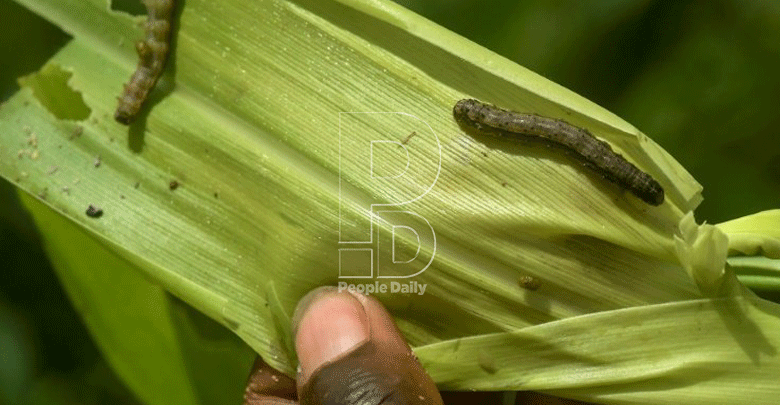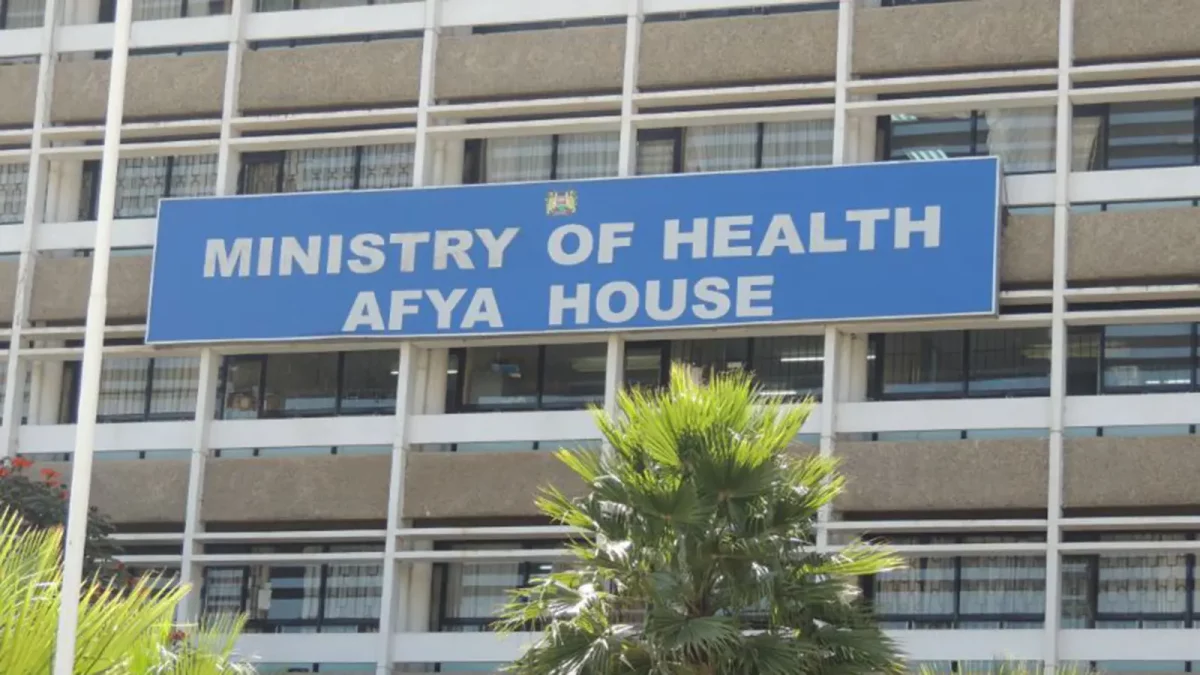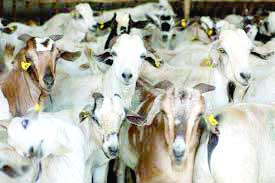Invasion by pests likely to hamper production of food

A pest invasion has suppressed the country’s food security and is now becoming a major threat to agricultural exports.
Agriculture Cabinet Secretary Peter Munya says an increase in pests is hampering food production amid increasing population which hit 47 million people per the last census.
“There is a real and present threat of new pests affecting our basic food security and major agricultural exports.
Kenya and Africa as a whole is faced with pest incursions such as the Maize Lethal Necrosis Disease (MLND), fall armyworm, False Codling Moth, desert locust, the Golden Apple snail, Papaya Mealybug, Tuta absoluta and Cuscuta which are a threat to food security as well as threatening our horticultural exports.” said Mr. Munya.
Validation workshop
Speaking during the national validation workshop for the Plant Protection Bill 2021 and regulations at a Nairobi hotel, Munya noted the high import bill is partly due to the increase in pests over the last two years.
“The presence and attack of crops by the pests have led to Kenya losing key segments of the international markets. But largely we are also grappling with the increasing effects of climate change,” he said.
Kenya Plant Health Inspectorate Service (KEPHIS) managing director Theophilus Mutui said the new bill is meant to prevent the introduction, establishment and spread of pests through plants and plants products.
“The various provisions indicated in the plant protection bill and elaborated widely in the regulations have been widely researched in order to create a strong enabling regulatory environment,” said Professor Mutui.
Alliance for a Green Revolution in Africa country manager for Kenya John Macharia said that current Agriculture growth is not in tandem with the increasing population.
“For us to tackle the increasing poverty and hunger, there is a need for all the stakeholders to come and apply a different thinking,” Macharia said.












